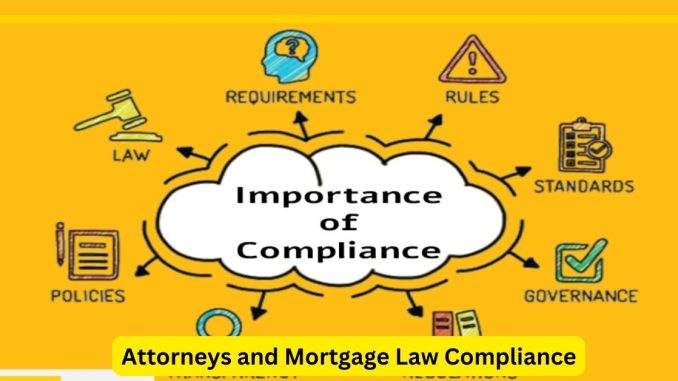
In the digital age, the landscape of the mortgage industry is rapidly evolving, presenting new challenges and opportunities. Attorneys specializing in mortgage law find themselves at the forefront of ensuring compliance in this digital era, navigating a complex web of regulations to protect the interests of their clients and uphold the integrity of real estate transactions.
One key area where attorneys play a pivotal role is in overseeing the digitization of mortgage processes. As lenders transition to digital platforms for document submissions, signatures, and communication, attorneys must ensure that these digital transactions comply with existing legal standards. This includes verifying the authenticity of electronic signatures, maintaining data security, and confirming the enforceability of digital contracts—a task that requires a nuanced understanding of both technology and mortgage law.
Data privacy and security have become paramount concerns in the digital age, and attorneys are at the forefront of safeguarding sensitive information. Compliance with regulations such as the Gramm-Leach-Bliley Act and the Health Insurance Portability and Accountability Act (HIPAA) is essential in the mortgage industry. Attorneys must guide their clients in adopting robust cybersecurity measures, ensuring that the digital infrastructure complies with these regulations to prevent unauthorized access to confidential borrower information.
The emergence of blockchain technology in the mortgage industry introduces a new dimension to legal considerations. Attorneys need to stay informed about the legal implications of blockchain in property transactions, including issues related to smart contracts, transparency, and the recording of property deeds. Navigating this technological frontier requires a blend of legal acumen and an understanding of emerging digital trends.
Attorneys also play a crucial role in guiding lenders and borrowers through the legal aspects of online mortgage applications and approvals. Compliance with the Equal Credit Opportunity Act (ECOA) and the Fair Housing Act is paramount, even in the digital realm. Attorneys must ensure that online platforms do not inadvertently facilitate discriminatory practices and that algorithms used in automated decision-making processes are fair and transparent.
As mortgage-related regulations continue to evolve, attorneys must stay abreast of changes and guide their clients through compliance challenges. The Real Estate Settlement Procedures Act (RESPA) and the Truth in Savings Act (TISA) are just a few examples of regulations that may undergo updates, necessitating ongoing legal counsel to ensure adherence to the latest requirements.
In conclusion, attorneys specializing in mortgage law are indispensable in navigating the complexities of compliance in the digital age. From overseeing the digitization of mortgage processes to ensuring data privacy and security, and adapting to emerging technologies like blockchain, attorneys play a crucial role in safeguarding the legal integrity of real estate transactions in our increasingly digital world.
Leave a Reply